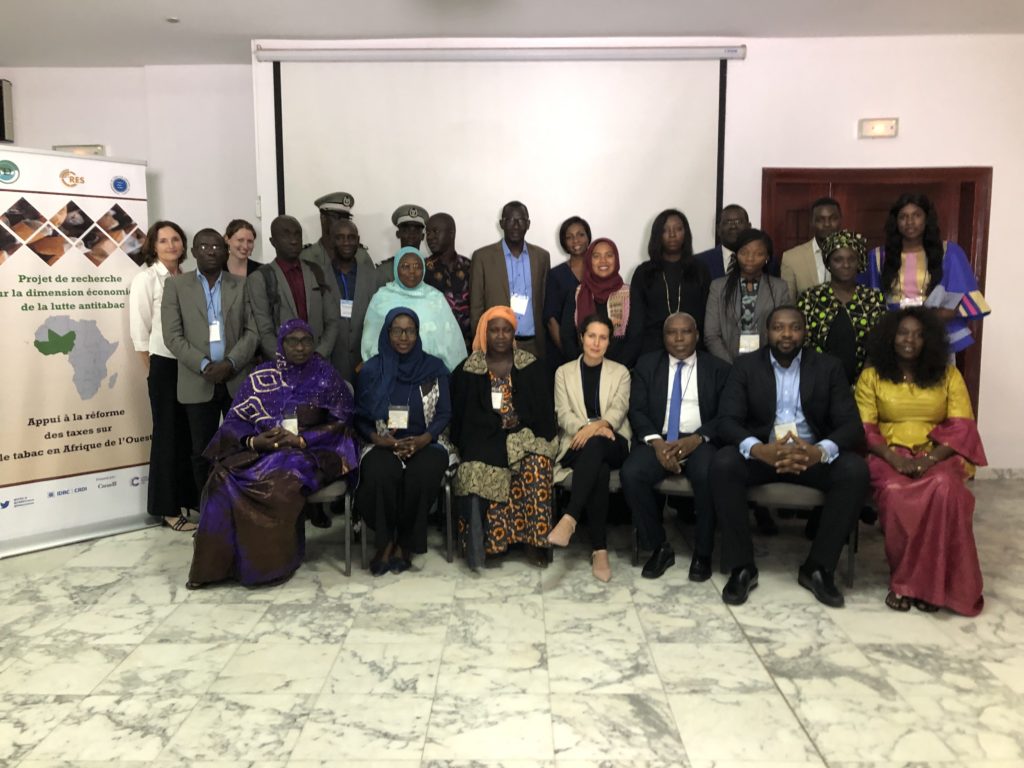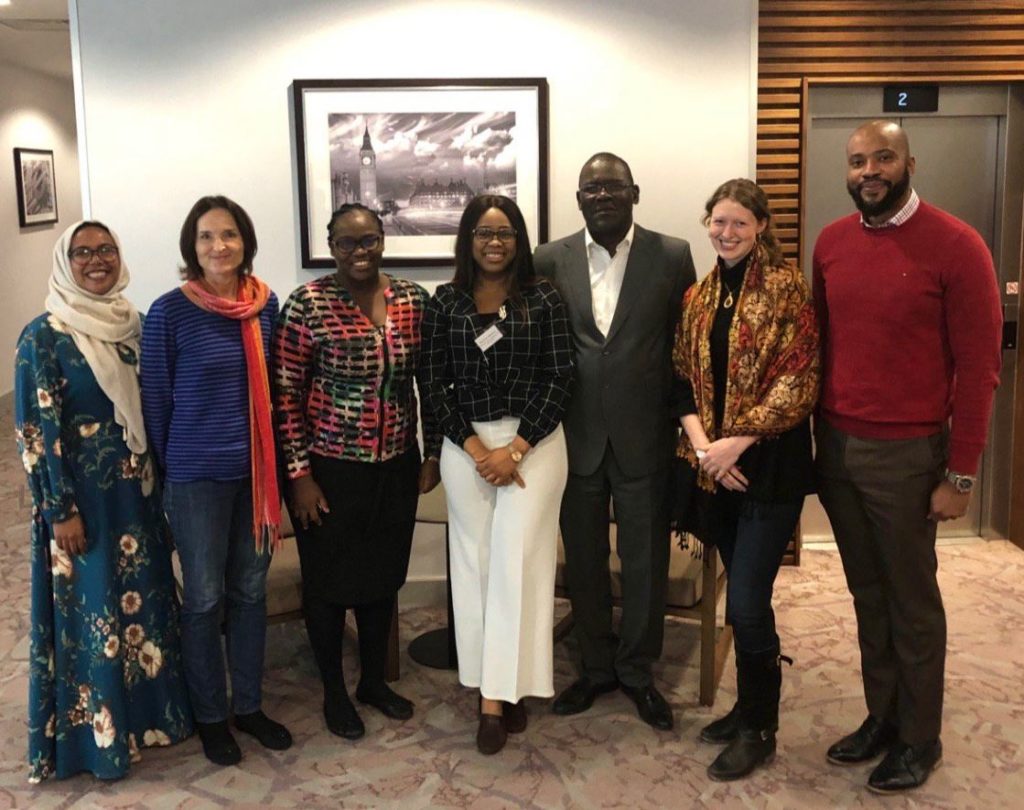Check out the the interactive website, the fact sheet series, and read the summary blog.
Purpose
Africa is vulnerable to the tobacco industry. It has a large and young population, rapid economic growth, a desire to attract foreign investment, and weak tobacco control policies. Although smoking prevalence in many African countries is modest, preventing its rise, especially amongst youth, remains a huge challenge.
Policymakers are often unaware of the win-win benefits of increased tobacco taxation; that is, increasing government revenues while reducing consumption and improving health outcomes for the population. Furthermore, the tobacco industry is very actively lobbying against tobacco taxes, making spurious cases for the wrong type of tax structure, and propagating false arguments about the likely effects of increased taxation, such as exaggerating the likelihood of increases in tobacco smuggling. Countries often struggle to counter the industry’s claims that tax increases are going to hurt the poor, lead to job losses, and promote illicit trade.
In a positive step, the Economic Community of West African States (ECOWAS) adopted a new directive on tobacco taxation in December 2017. The goal of the research project is to assist member states in implementing the directive, by providing both regional analysis and in-depth diagnostic and economic modelling studies in three key countries: Nigeria, Senegal, and Ghana.
The Research
This project will be conducted in partnership with the Research Unit on the Economics of Excisable Products (REEP) at the University of Cape Town (project lead) and the Consortium pour la recherche économique et sociale (CRES) based in Senegal. The research will identify:
- Best practices in tobacco taxation, focusing on the impact of tobacco tax increases on tobacco consumption, government tax revenue and industry pricing of tobacco products
- The economic impact of tobacco control policies
- Policy barriers to fiscal measures
- Financing mechanisms for tobacco control
This project will entail the close involvement of West African researchers and policymakers in designing and conducting the research, and translating it into specific recommendations to be communicated more broadly to promote effective policy implementation.
This project is part of the IDRC and CRUK Economics of Tobacco Control Research Initiative, and will collaborate closely with another project funded under the same initiative being conducted by the Centre for the Study of the Economies of Africa in Nigeria, and the ICTD-funded project by the Institute of Statistical, Social and Economic Research (ISSER) at the University of Ghana.

